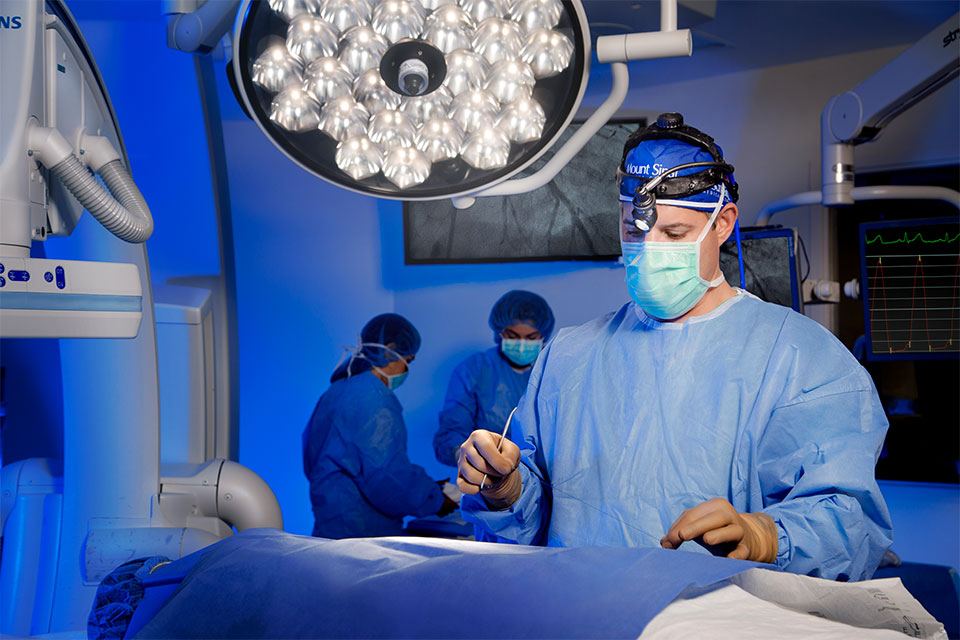Many people have concerns about outpatient surgery since the decision to have an operation can be worrisome event that no matter how minor effects a patient’s physical, mental, work and recreational routines.
Many patients wonder about the preparation for their surgery, so there are several things that are routinely done and each of these has a distinct reason.
If we start at the very basic, we should look at the preoperative consultation. This is important because this is where the surgeon focuses on what is the surgical problem and what are the choices for operations to fix it. At the same time, he or she evaluates the patient for other medical conditions that might affect the surgery or need special consideration such as blood thinners, special concerns for infection, or heart or lung problems that might need to be assessed before a surgery is safely performed. A decision will usually be made on this visit as to whether the planned operation will be done with general anesthesia, where the patient is completely anesthetized for the surgery, whether it will be done with sedation and local anesthesia, or whether it will be done as a minor procedure with local only. The surgeon will usually send the patient back to the referring physician for preoperative clearance in order to make sure the surgical event is otherwise safe.
As a patient you should take the opportunity to clarify with both your primary physician and your surgeon which of your routine medications should be stopped and which should be taken the morning of surgery. This is particularly important for patients with diabetes mellitus to have a clear plan for their diabetes medications the night before and the morning of surgery.
It is a good idea to try to get a good night of sleep before surgery. This is often difficult because you may be asked to come to the hospital very early so don’t plan to do any time consuming activities the night before surgery and plan adequate time including morning traffic considerations to get to the hospital at the designated time.
When you get to the hospital you will be registered and brought to a holding area. Several people will go over your information and you will invariably be asked about things like date of birth, allergies, and side and site of surgery several times. This repetition is done on purpose to avoid a mistake. You should know that before the actual operation is started the team does a “time out” during which time everyone involved stops what they are doing and does a formal checklist identifying that this is the correct patient, what is the procedure and which side is being done, what medications are necessary and are there any allergies and every one verbally signs off on it.
If your operation is done without anesthesia you as a patient will participate in the time out. You usually will be told to not eat anything after midnight the night before. This is so that when you are lying down and sedated or anesthetized your stomach will be empty which reduces the risk of aspiration and pneumonia when your natural reflexes cannot protect your airway. This is very important!
Let’s assume you have had your surgery and all has gone well. You will recover in the recovery area where nurses will attend to your pain, potential nausea, and your vital signs. You should always have someone take you home and because of the medications given make no further plans for the day including social business, or decision making plans. When you get home, you should receive a call from the unit where your procedure took place and you should use this as an opportunity to ask any questions about how you feel and to give good feedback to the nurse calling as it is the hospitals intent that every patient has a good and safe experience.



